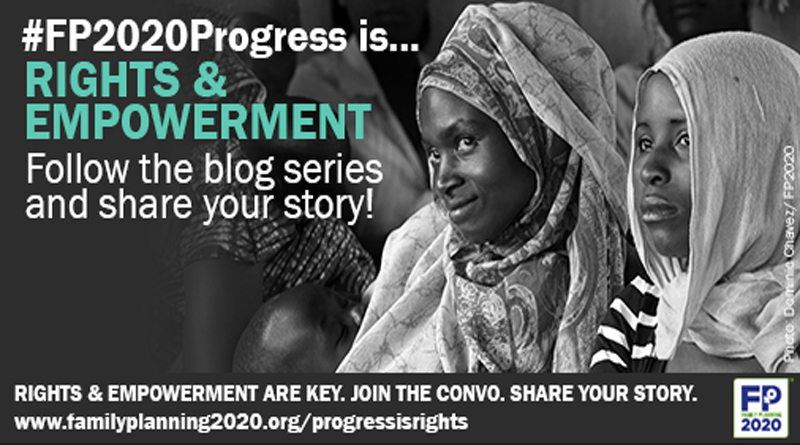Kano inaugurates SBCC committee for childbirth spacing
The Kano state government in collaboration with The Challenge Initiative (TCI) Thursday inaugurated a Social and Behavioral Change Communication (SBCC) committee for child birth spacing (CBS) in the state.

The Challenge Initiative (TCI) is a Bill and Melinda Gates Foundation-funded program working in the area of improving access to family planning and childbirth spacing services to women towards achieving Family Planning 2020 across 4 hubs of the world: Kenya, India, Senegal and Nigeria.
Implementation of TCI in Nigeria commenced in 2016 with the aim of accelerating demand-driven participation and spark up a national family planning movement in the country.
While speaking on the myths and misconceptions of family planning at a two-day training for members of the SBCC committee, which preceded the inauguration of the committee, Husaina Mohammed, the Kano state family planning coordinator said contrary to the perception of many, contraceptive commodities had no side effects.
“Some women, because they don’t want to get intimate with their husbands would hide under the guise of using contraceptives as an excuse, arguing that the effects of the contraceptives won’t allow them get intimate with them. Family planning methods do not cause infertility, once the method is stopped, the woman gets pregnant,” she said.
In her presentation, Oris Ikiddeh, a communication specialist for TCI urged the SBCC committee members to be strategic in the use of the tools and technologies they were exposed to. “We need to learn how to be more strategic in using the full spectrum of tools and technologies to achieve our objectives,” she said.
Speaking earlier on, Musa Sufi, TCI’s demand generation consultant in Kano state said the training was meant to “strengthen the capacity of the committee in implementing and coordinating demand generation interventions in the state and to expose participant to the TCI-university resources as a platform for continuous learning.”
According to the 2013 National Demographic Health Survey (NDHS), Kano has a fertility rate of 6.8 percent and modern contraceptive prevalence rate (MCPR) of 5.7 percent (MIC 2017) hence the need for the intervention.










